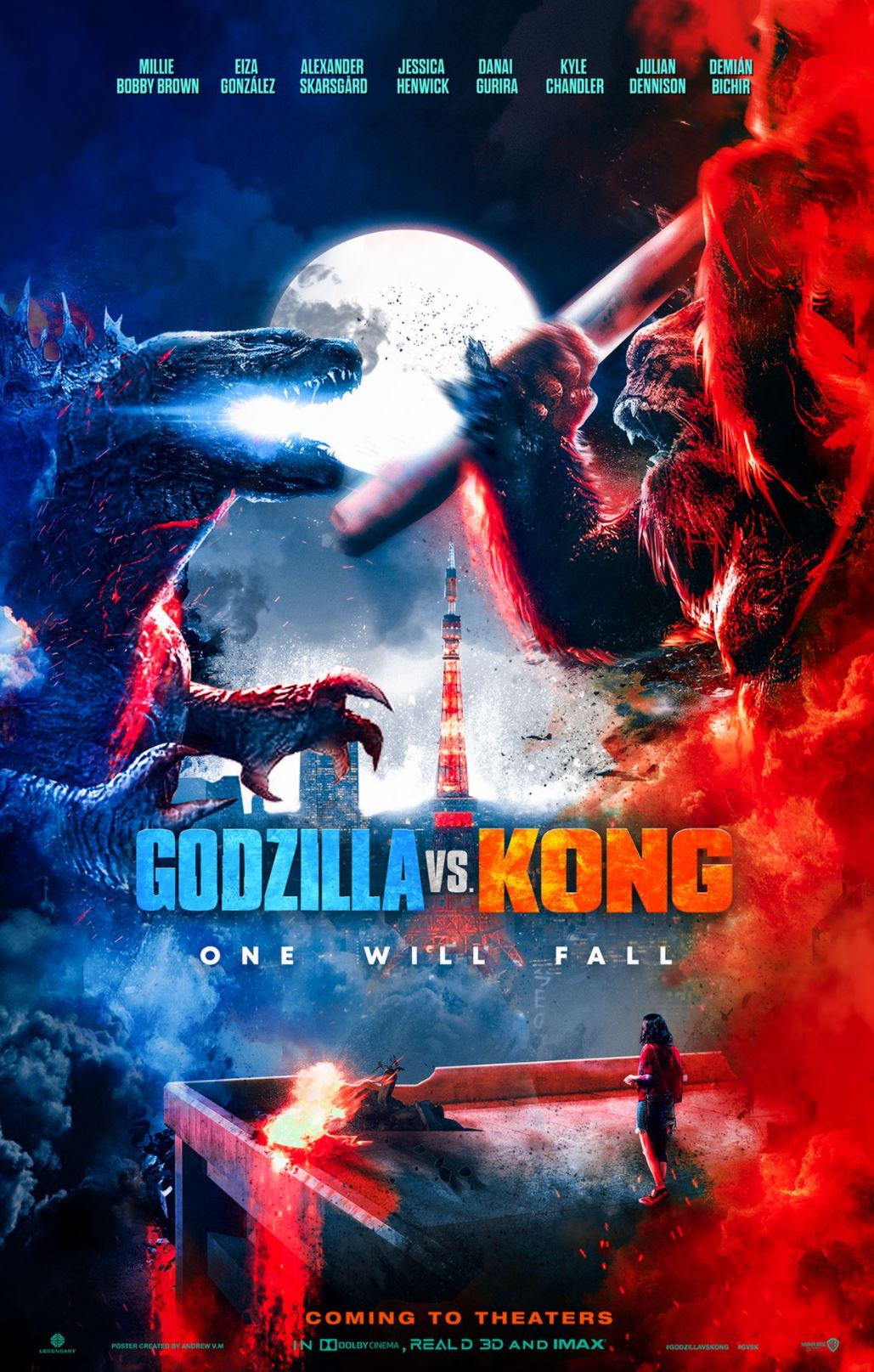Warner Brothers’ inevitable HBO Max fall out



Last week, Warner Brothers announced they will releasing their entire 2021 slate of films simultaneously in theaters and on HBO Max (in America, the only country with HBO Max). This was obviously huge, unprecedented news, and in my original write up, I said, “it is crushing to production partners like Legendary, who can’t be happy to see a movie like Godzilla vs. Kong go to small(er) screens.” Legendary is a production company with a co-financing deal with Warner Brothers. They financed “a significant portion” of Godzilla vs. Kong and Dune, and they are now threatening to sue Warner Brothers over their HBO Max plans. As a financing partner, Legendary would get a cut of theatrical revenue, which can be expected to be lower than usual—in a normal box office year—if Warners releases these movies online. It was obvious from the jump that partners like Legendary would feel burned by the HBO Max move, the question is whether or not they have any power to stop it.
One complicating factor is that earlier this year, Netflix attempted to buy Godzilla vs. Kong for $250 million, but WarnerMedia blocked the sale. So Legendary could argue that Warners is not acting in their financial partner’s best interest, as they previously prevented Legendary from essentially cashing out on Godzilla. But while we are in unprecedented waters, the fact is, these movies ARE getting a theatrical release. They will almost certainly make less money in the day-and-date scheme—as they would if they were released into the depressed pandemic box office—but the point still stands that Warners’ lawyers can argue their financial partners will still receive their cut of the box office, because there will STILL BE BOX OFFICE. I’m just not certain that “we will make slightly less millions” is that strong of a legal argument in an industry with no guaranteed bets, especially since there is nothing guiding the way here. We’ll have to see how this all plays out, if and when real legal action materializes. It’s far more likely Warners will either settle with Legendary, or bump the release dates for these films back to 2022, though that would sort of be an admission of defeat.
The real issue is that 1) WarnerMedia made a huge, sweeping change to how film distribution works and they seemingly consulted absolutely no one about it, and 2) people have no idea how back-end profit sharing works in a streaming world. AT&T is WarnerMedia’s parent company, and from their perspective, the HBO Max plan is maximizing benefit to AT&T. They get an exclusive content deal to offer customers—get all the hit movies you want with your AT&T device!—they get the data, they get the stock bump from Wall Street, which loves and rewards aggressive streaming services. But Legendary’s parent company is Wanda Group, a Chinese firm that also owns, wait for it…AMC theaters. We have on one side a distributor who sees streaming as a key component of its development, and on the other side a production company entrenched in the theatrical business. Folks, this is going to get ugly, and it will probably determine the future of film distribution for everyone.
The second issue is equally complicated. Talent deals for the top-tier of creative professionals in the industry usually include back-end profit sharing. In a typical film release, a title opens exclusively in theaters, then after at least 90 days it goes to on demand and home rental, then after some period of time—usually months—it debuts on television and/or streaming platforms. There is a whole ecosystem of how creatives get paid, from their up-front salary to their theatrical bonus scheme to royalties on TV replay. But with streaming, none of that ecosystem exists. This is why Netflix deals are so gargantuan for A-list talent—they have no back end, so they pay everyone massive up-front salaries to make up the difference. One difficulty for transferring films from theatrical to streaming distribution is getting talent with vested interest in box office performance to “give up” their bonuses. With Wonder Woman 1984, Warner Brothers essentially bought out the potential bonuses by estimating what the talent, like Patty Jenkins, Gal Gadot, and Chris Pine, would have received had the film made $1 billion, and paid them accordingly to agree to the streaming shift.
But Warners has made no such offer for the 2021 films, which could see a LOT of filmmakers and actors getting shafted. Christopher Nolan, whose last eleven films were released by Warners, had strong words for Warners, calling HBO Max “the worst streaming service” (he’s not wrong, the search function SUCKS), and said they’re “dismantling” an “incredible machine for getting a filmmaker’s work out everywhere” and “don’t understand what they’re losing”. I think plenty of people at Warner Brothers DO understand the immense cost of this business in re: talent and creative satisfaction. But as I said last week, this is a deal that benefits the parent company, AT&T, not the division of Warner Brothers. The end result is the same, though, they ARE burning down almost 100 years of Warners reputation as a supportive home for filmmakers. AT&T’s acquisition will probably go down as one of the most harmful mergers in Hollywood history.
Once again, boo-hoo for the millionaires making slightly less millions, but you can see how this could have devastating impact for future deal-making, yes? WarnerMedia is burning a LOT of bridges here, and besides working out deals with co-financing partners like Legendary, they are going to have to find ways to satisfy the creatives who will be demanding recompense for lost back-end compensation. And once they settle the issue for their 2021 films, they will have to contend with making new deals for future films with creatives who do not trust them anymore. Warners already had talent and their representation irritated with the double-casting of marquee character roles, like the Joker, and now they’re going to have agents breathing fire over (potentially) lost compensation if a movie is shunted to HBO Max instead of theaters. The lawyers will figure this out, QUICK, but one thing is clear—the shift to the streaming film era is going to be as messy and complicated as the shift to the sound era was.
